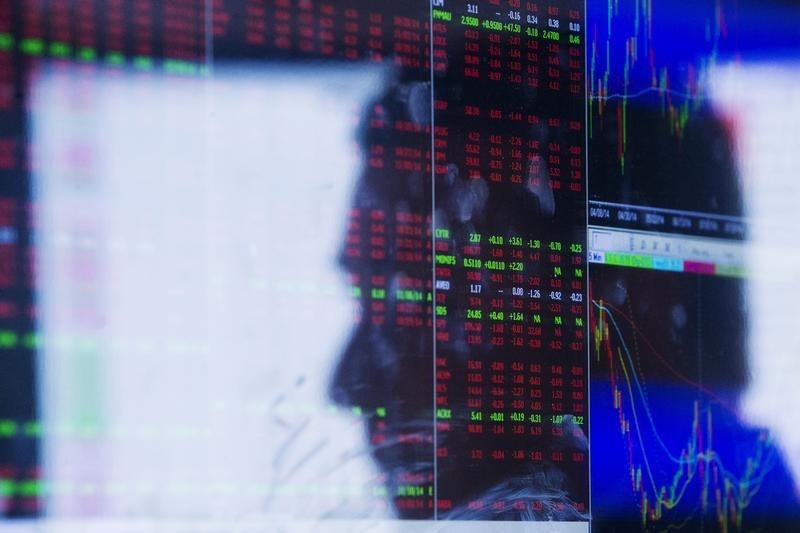How Trump's Elections Could Impact U.S. Healthcare Stocks
According to Barclays (LON:BARC), U.S. and European healthcare stocks have declined since Donald Trump's election victory on November 5, amid growing concerns about the potential policy impact of cabinet appointments. The sector has lagged behind broader indices; the U.S. healthcare ETF is approximately 7% behind the S&P 500, while European healthcare stocks are about 1.5% behind the broader European index. The nomination of Robert F. Kennedy Jr. to lead the Department of Health and Human Services (HHS) has triggered significant reactions, particularly in pharmaceutical and biotechnology stocks. Kennedy, known for his vaccine skepticism and criticisms of obesity drugs, has raised concerns regarding potential regulatory challenges. His statements against GLP-1 drugs for obesity, vaccines, and broader FDA policies have created alarm. However, analysts at Barclays note that translating these views into actionable policies may be difficult. Regarding obesity treatments, Medicare coverage for GLP-1 drugs like Novo Nordisk's (NYSE:NVO) semaglutide is currently limited to patients with documented cardiovascular risks according to SELECT trial criteria. Expanding this coverage would require legal changes under the Treat Obesity Act (TROA). Barclays sees the commercial market, rather than Medicaid or Medicare, as the primary growth driver for anti-obesity drugs. In terms of vaccine policies, Kennedy's anti-vaccine advocacy history has increased skepticism among investors. Barclays highlights that Novo Nordisk and Sanofi (NASDAQ:SNY) stocks have been "unfairly punished" in reaction to Kennedy’s nomination. Considering the sell-off as an overreaction, Barclays reiterated a "weighted" rating for both companies. They indicate that the healthcare sector faces challenges in the short term, but some subsectors may benefit from clearer policies over time. Beyond Kennedy's candidacy, broader cabinet appointments by Trump, including the appointment of Vivek Ramaswamy to the Department of Government Efficiency, have heightened investor concerns about regulatory uncertainty.


